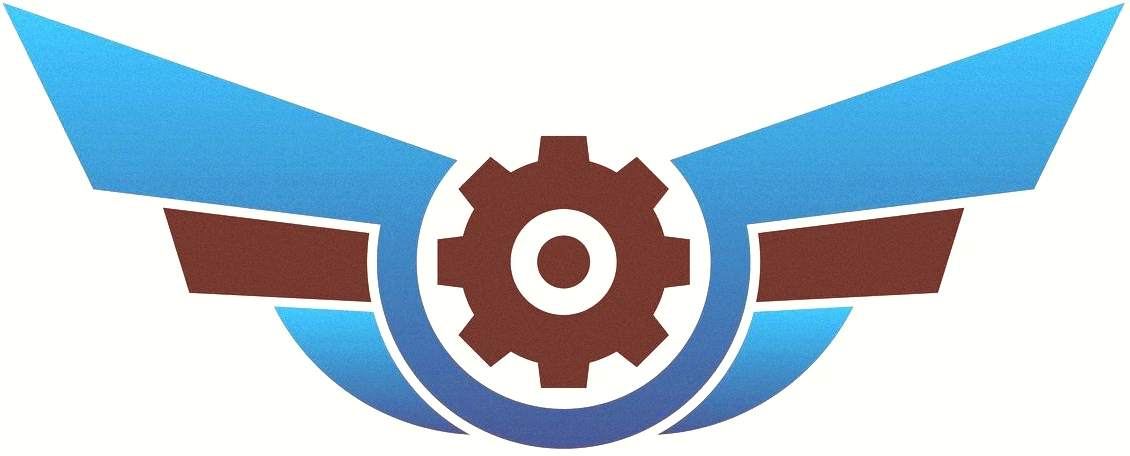Wayne Community College offers comprehensive aviation mechanic training through its Aviation Systems Technology programs, located at Piedmont Triad International Airport. These programs are designed to prepare students for FAA Airframe and Powerplant certifications and include three distinct tracks: the Associate of Applied Science (AAS) degree, the Airframe Diploma, and the Powerplant Diploma.
Quick Facts
- Length: 16 Months to 24 Months
- Cost: $5,000 to $8,000
- Location: Greensboro, NC
- Website: https://www.waynecc.edu/programs/aviation-systems-technology/
Programs
All three programs have small class sizes, typically accommodating 20–25 students, ensuring personalized instruction. The Aviation Systems Technology program is FAA-certified under certificate number DT9T098R and has been FAA Part 147-approved since 1969, a mark of quality and compliance with aviation industry standards.
Students also benefit from the Snap-on Certification in Asset Management & Tool Control (FOD), adding value to their professional skills.
Aviation Systems Technology AAS Program
The AAS degree program covers all aspects of general aircraft maintenance, from aviation math and FAA regulations to advanced aircraft systems. Spanning six semesters over approximately 24 months, students earn 89 credit hours.
In-state tuition per semester totals about $1,283, while out-of-state tuition is around $4,355, bringing the estimated in-state tuition for the full program to roughly $7,698 and out-of-state tuition to about $26,130. Students also budget approximately $1,450 for FAA exams and toolkits.
Curriculum
- AVI 110 Aviation Maintenance-Gen.
- AMT 101 Aviation Mathematics
- AMT 102 Aviation Physics
- AMT 103 Basic Electricity
- AMT 104 Aircraft Drawings
- AMT 105 Maint. Forms and Records
- AMT 107 Materials and Processes
- AMT 108 Fluid Lines and Fittings
- AMT 109 Weight and Balance
- AMT 110 Cleaning and Corrosion Control
- AMT 111 Ground Operations and Servicing
- AMT 113 Inspection Concepts and Techniques
- AMT 114 Human Factors
- ACA 111 College Student Success
- AVI 120 Airframe Maintenance I
- AMT 203 Aircraft Sheet Metal Structures
- AMT 208 Hydraulic and Pneumatic Power Systems
- AMT 213 Cabin Atmosphere Control Systems
- AMT 218 Rotorcraft Fundamentals
- AVI 130 Airframe Maintenance II
- AMT 207 Aircraft Electrical Systems
- AMT 211 Aircraft Fuel Systems
- AMT 212 Aircraft Instrument Systems
- AMT 214 Ice and Rain Control Systems
- AMT 215 Airframe Fire Protection Systems
- AMT 217 Flight Controls
- AMT 219 Water and Waste Systems
- AMT 206 Communication and Navigation Systems
- AMT 209 Landing Gear Systems
- AMT 216 Airframe Inspection
- AVI 240 Powerplant Maintenance I
- AMT 301 Reciprocating Engines
- AMT 302 Turbine Engines
- AVI 250 Powerplant Maintenance II
- AMT 304 Engine Instruments
- AMT 305 Engine Fire Protection Systems
- AMT 306 Engine Electrical Systems
- AMT 307 Lubrication Systems
- AMT 308 Engine Fuel Systems
- AMT 309 Ignition and Starting Systems
- HUM 110 Technology and Society
- AVI 260 Powerplant Maintenance III
- AMT 311 Induction and Airframe Systems
- AMT 313 Engine Exhaust and Reverser Systems
- AMT 314 Propellers and Unducted Fans
- AMT 315 Engine Inspection
- AMT 316 Turbine Engine Air Systems
Aviation Systems Technology Airframe Diploma
The Airframe Diploma program focuses on airframe maintenance, including non-metallic structures, sheet metal structures, and airframe inspections.
This program takes four semesters or around 16 months to complete, totaling 50 credit hours. In-state tuition for the full program is approximately $5,132, while out-of-state tuition totals roughly $17,420.
Aviation Systems Technology Powerplant Diploma
The Powerplant Diploma emphasizes powerplant systems such as reciprocating engines, turbine engines, and engine inspections.
This program also spans four semesters, or approximately 16 months, covering 52 credit hours. In-state tuition for the full program is about $5,132, while out-of-state tuition totals roughly $17,420.
Tuition
In state tuition per semester is $1,216.00. See full tuition details here: https://www.waynecc.edu/admissions/tuition-fees/
Outcomes & Opportunities
Wayne Community College supports continued education by offering graduates a pathway to East Carolina University’s Bachelor of Science in Industrial Technology Transfer Program, providing an opportunity to advance further in the field. Graduates find work in a range of roles including airline maintenance, government aviation operations, and aircraft manufacturing, with entry-level wages ranging from $12 to $24 per hour.
This comprehensive suite of aviation programs ensures that students gain the foundational knowledge and practical experience needed for success in the aviation industry, backed by a strong network of academic and industry partnerships.
